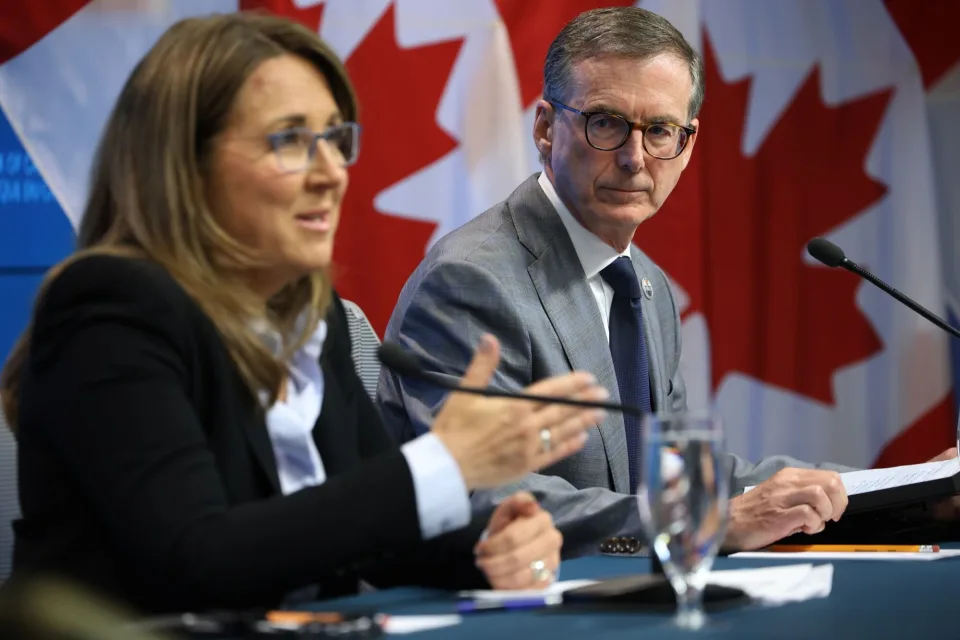Featured
article
- Get link
- X
- Other Apps
Bank of Canada Considered Waiting Until July to Cut Rates
.
Bank of Canada officials recently discussed whether to delay interest rate cuts until July. Their primary concern was confirming that inflation remains on track to reach the central bank’s 2% target. Ultimately, the governing council decided to cut the policy rate to 4.75% at their June 5 meeting. This move followed four consecutive months of slowing underlying price pressures, which they deemed sufficient progress to warrant the rate reduction.
While policymakers acknowledged the possibility of further rate cuts if inflation continues to ease, they emphasized a gradual approach. The bank’s dependence on data was evident, as they considered waiting until July before making a decision. Additionally, they discussed the potential divergence of Canada’s interest rate path from that of the US, noting that expectations of different policy outlooks could impact the exchange rate.
In summary, the Bank of Canada’s decision reflects a delicate balance between economic indicators and the need for cautious monetary policy adjustments. As they continue to monitor inflation and economic growth, future rate cuts will depend on further disinflation momentum and evolving market conditions.
Popular Posts
Trump's Six Words: "I'm Going to Stop the Wars"
- Get link
- X
- Other Apps
Smart Savings for a Sharp School Start: Canadian Parents’ 2025 Guide
- Get link
- X
- Other Apps




Comments
Post a Comment